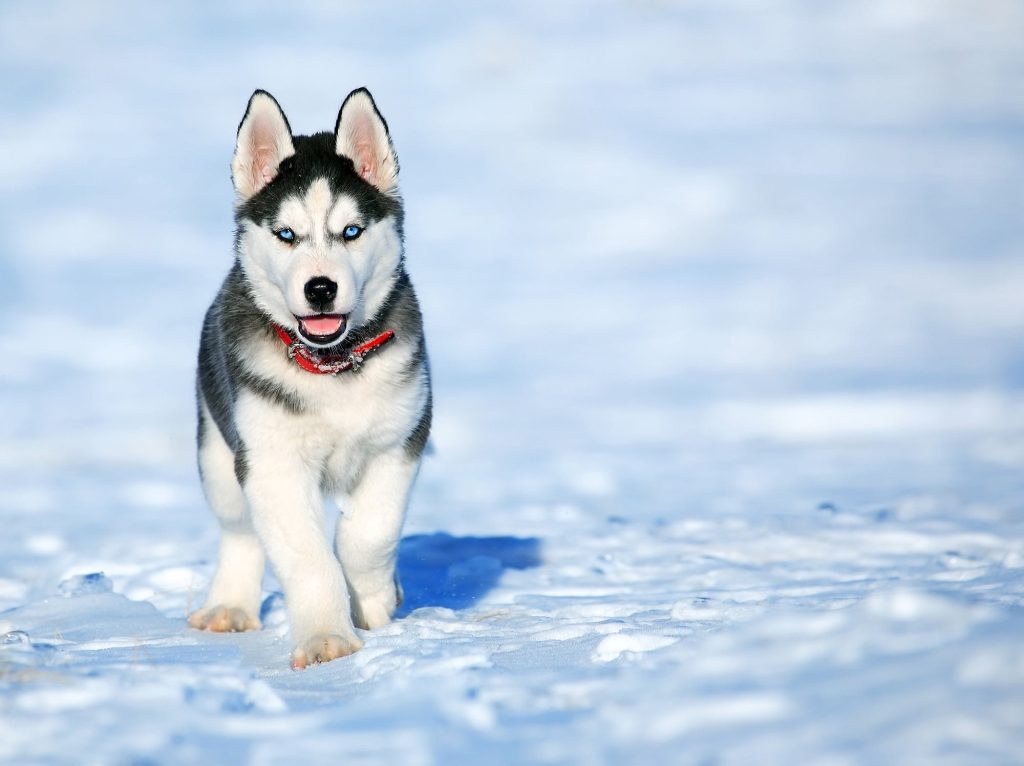Why Do Dogs Destroy All Toys?
In this article we answer the question “Why do dogs destroy all toys?”. Dogs are well-known for their lively and playful demeanour, adding happiness and laughter to our daily lives. Yet, numerous dog owners encounter a shared challenge – the persistent destruction of their pets’ toys. Whether it’s plush squeaky toys or robust rubber bones, the puzzling nature of this conduct can perplex pet owners.

Introduction: Why Do Dogs Destroy All Toys?
Definition of the Problem
Understanding the core issue is the first step in addressing why dogs destroy toys. While it may seem like a mischievous act, it often stems from instinctual behavior and a range of underlying factors.
Common Experiences of Dog Owners
Countless dog owners share similar experiences of coming home to find their once-beloved toys in tatters. This shared frustration forms the basis of our exploration into the reasons behind this seemingly destructive habit.
Reasons Behind Destructive Behavior
Instinctual Behavior
Dogs are natural chewers, and this behavior has evolutionary roots. Exploring the instinctual aspects behind chewing helps to comprehend why even the most robust toys can fall victim to a determined dog.
Boredom and Lack of Stimulation
Boredom is a significant factor that can drive dogs to find entertainment in destructive ways. Discover how the lack of mental and physical stimulation can lead to a toy’s untimely demise.
Anxiety and Stress
Dogs, like humans, experience anxiety and stress. Unaddressed emotional issues can manifest in destructive behaviors, and understanding this connection is crucial to finding effective solutions.
Choosing Durable Toys
Materials to Look For
Not all toys are created equal. Investigate the materials that withstand the strongest jaws and provide lasting entertainment for your furry friend.
Size and Texture Considerations
Matching the toy’s size and texture to your dog’s preferences can make the difference between a cherished item and a destroyed one. Learn how to tailor your choices to your dog’s individual needs.
Training Techniques
Positive Reinforcement
Positive reinforcement is a powerful tool in modifying behavior. Discover how to use this technique to encourage appropriate chewing habits in your dog.
Distraction Techniques
Redirecting your dog’s attention can be an effective strategy. Explore various distraction techniques to prevent destructive tendencies and foster positive behavior.
Consistent Commands
Consistency is key in dog training. Learn how consistent commands can play a vital role in curbing destructive behavior.
Importance of Regular Exercise
Physical Health Benefits
Regular exercise not only promotes physical health but also helps to channel your dog’s energy in positive ways. Explore the connection between exercise and a well-behaved, happy pup.
Mental Stimulation
Mental stimulation is equally important. Discover activities that engage your dog’s mind, reducing the likelihood of destructive behavior born out of boredom.

Identifying Specific Behavioral Issues
Separation Anxiety
Separation anxiety is a common cause of destructive behavior. Learn how to recognize the signs and address this issue to create a more secure environment for your pet.
Teething Problems
Puppies, in particular, may face challenges during the teething phase. Explore appropriate solutions to ease discomfort and protect your belongings.
Lack of Training
Proper training is fundamental. Untrained dogs may resort to destructive behaviors. Gain insights into effective training methods to prevent toy destruction.
DIY Toy Ideas
Homemade Puzzle Toys
Discover the joy of creating homemade puzzle toys that not only entertain but also challenge your dog’s intellect.
Interactive Feeding Toys
Combine mealtime with playtime by exploring interactive feeding toys that stimulate your dog’s mind and encourage slower eating.
Consulting a Professional
Seeking Advice from Veterinarians
When in doubt, consult the professionals. Learn how veterinarians can provide valuable insights into your dog’s behavior and recommend tailored solutions.
Professional Dog Trainers
Enlist the help of professional dog trainers to address specific behavioral issues. Understand the benefits of professional guidance in creating a well-behaved canine companion.
Understanding Individual Dogs
Breed Characteristics
Different breeds have different needs. Explore how understanding your dog’s breed characteristics can guide your choices in toys and training methods.
Age and Energy Levels
Age and energy levels play a significant role in a dog’s behavior. Tailor your approach to match your dog’s specific life stage and energy requirements.
Common Mistakes to Avoid
Punishing Destructive Behavior
Punishment may not be the most effective solution. Uncover the reasons why punishing your dog for destructive behavior may lead to more harm than good.
Ignoring the Issue
Ignoring the problem won’t make it disappear. Addressing destructive behavior promptly is crucial for long-term success. Learn why acknowledging the issue is the first step towards resolution.
The Market for Indestructible Toys
Popular Brands
Explore popular brands that specialize in creating toys designed to withstand even the most determined chewers.
Reviews and Recommendations
Before investing in toys, delve into reviews and recommendations from fellow dog owners to make informed choices for your pet.
Tips for Puppies
Proper Supervision
Puppies require extra care and supervision. Discover how proper supervision can prevent destructive habits during the crucial early stages of life.
Appropriate Teething Solutions
Identify appropriate teething solutions to ease the discomfort puppies experience, minimizing the urge to chew on everything in sight.
Real-Life Success Stories
Testimonials from Dog Owners
Real-life success stories from dog owners who faced and overcame destructive behavior shed light on the positive outcomes achievable with the right approach.
Transformative Solutions
Explore transformative solutions that turned destructive dogs into well-behaved, contented companions, offering hope and inspiration to frustrated pet owners.
Addressing Health Concerns
Digestive Issues
Destructive chewing can lead to digestive problems. Understand the potential health concerns associated with indiscriminate chewing and how to address them.
Dental Health
Maintaining good dental health is vital. Discover how appropriate toys contribute to dental hygiene, ensuring your dog’s overall well-being.
Conclusion
Recap of Key Points
Recap the key points discussed throughout the article, emphasizing the importance of understanding, training, and choosing appropriate toys for a happy, well-behaved dog.
Encouragement for Dog Owners
Offer words of encouragement to dog owners facing challenges, assuring them that with patience and the right strategies, destructive behavior can be effectively managed.




Leave a comment